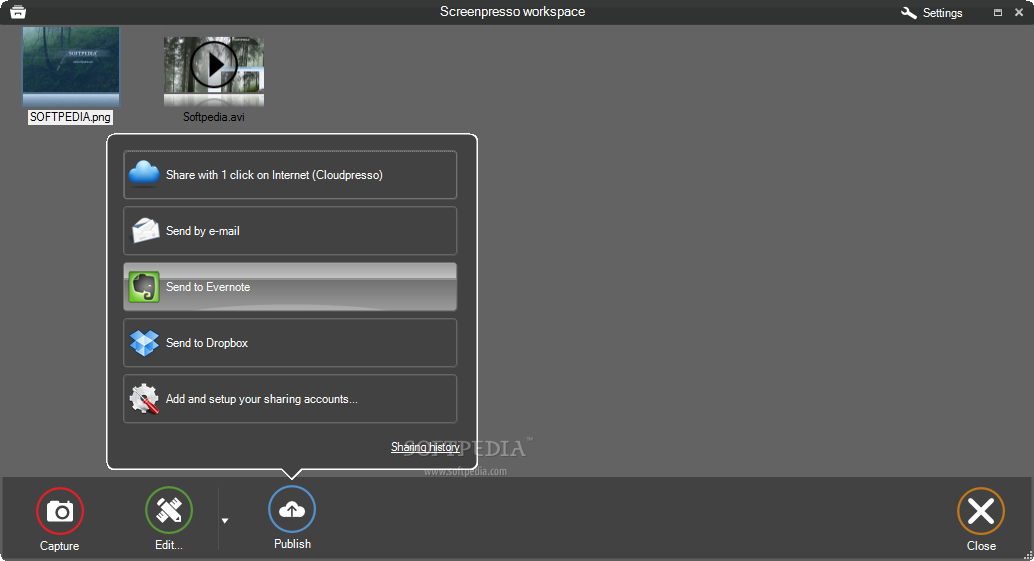› Contents • • • • • • • • • • • • • • • • • Overview [ ] The book contains 9 chapters. Castells starts with the history of Internet, focuses on the process of Internet evolution influence our society. He emphasizes the development of Internet from 1962 to 1995, the extension from to. (2001) The Internet Galaxy, Reflections on the Internet, Business and Society. Oxford: Oxford University.
 You are currently viewing our boards as a guest which gives you limited access to view most discussions and access our other features. Only registered members may post questions, contact other members or search our database of over 8 million posts.
You are currently viewing our boards as a guest which gives you limited access to view most discussions and access our other features. Only registered members may post questions, contact other members or search our database of over 8 million posts.
 Commission of the European Communities (2007) Third Annual Report on Migration and Integration, immigration/docs/com_2007_512_en.pdf. Castells believes that 'The openness of the Internet's architecture was the source of its main strength'. Then he states that the 'Internet Culture' is structured by four kinds of culture including: 'the techno-meritocratic culture', 'the culture', 'the virtual communication culture', and 'the entrepreneurial culture'. Next, Castells analyses the vital status of Internet in the business and economy fields, and he refers to the impact of virtual communication which is based on the Internet communication to the reality in the following chapter.
Commission of the European Communities (2007) Third Annual Report on Migration and Integration, immigration/docs/com_2007_512_en.pdf. Castells believes that 'The openness of the Internet's architecture was the source of its main strength'. Then he states that the 'Internet Culture' is structured by four kinds of culture including: 'the techno-meritocratic culture', 'the culture', 'the virtual communication culture', and 'the entrepreneurial culture'. Next, Castells analyses the vital status of Internet in the business and economy fields, and he refers to the impact of virtual communication which is based on the Internet communication to the reality in the following chapter.
The characterization of Virgo data and its impact on gravitational-wave searches Aasi, J.; Abadie, J.; Abbott, B. P.; Abbott, R.; Abbott, T. D.; Abernathy, M. Castells uses the term 'the Internet' to denote 'the network society' and this is. Castells's The Rise of the Network Society (1996) and The Internet Galaxy. Microprocessors and the digital compression of clock time into nanoseconds.
In terms of the Politics of the Internet, Castells points that 'social movement' and 'the political process' use Internet as a new communication medium to 'acting' and 'informing'. And there is an issue between 'Privacy and Liberty in Cyberspace' relates to 'the politics of the Internet' is mentioned in this book.
In the last three chapters, Castells analyses the Internet from, geography and 'the digital divide in a global perspective'. Finally, he talks about the challenges of the network society such as freedom of the Internet. Opening: The Network is the Message [ ] The title used for the preface or introductory text is called 'Opening' and the name given to this Opening is 'The Network is the Message'. It is a mimicry of 's famous slogan '.
By substituting network for medium, Castells reinforces McLuhan's message that, in this case, it is the network which is important not the content. The opening may then be seen to be an invitation to explore the meaning of network via the content of the book. The word network itself is of ambiguous interpretation: infrastructure or society? Both interpretations are at play in the book. Since Castells is by profession a sociologist, then one expects a focus on network as society.
Lessons from the History of the Internet [ ] Castells introduces the label to characterize all those who participated with 'big science' and 'military research' in bringing the Internet into being. The history of the Internet is diverse and well documented. Castells makes considerable use of John Naughton's text, 'A Brief History of the Future', who noted for example that the Request for Comment Feature (RFC), introduced by Steve Crocker in 1969-04-07, not only gave rise to a de facto documenting of the research ideas at the time of their fermenting but also to the Open Source movement. Castells gives his own take on the subject.
Most Popular Articles
- Download Left 4 Dead 2 2125 Nosteam Setup Gaming
- Download Robozou Hacked All Characters Unlocked On Mario
- Resetter Epson L120 Free Download
- The Dumb Waiter Harold Pinter Pdf Download
- Soniye Hiriye Ringtone Free Download
- Download Drama Korea Spy Episode 13 Sub Indo
- Fake Tial Wastegate Serial Numbers
- Technosat Software Downloads Firmware